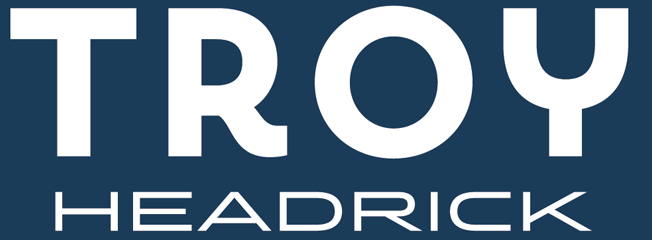The Power Crazed, Veto-Slinging Governor Strikes Again
Governor Scott’s Budget Adjustment Veto: Obstruction, Not Leadership
Vermont’s budget adjustment process is a critical exercise for adjusting state spending according to needs that may have arrived since that budget’s initial pass. It’s how we allow the state to respond to urgent and emerging needs whether it’s supporting vulnerable Vermonters, addressing natural disasters, or stabilizing essential services. It’s a process that, quite literally, requires negotiation and compromise. This year’s Budget Adjustment Act (BAA) went through every step of that process. The House passed a version. The Senate made adjustments. When the two chambers still had differences, a smaller conference committee resolved those differences. These conference committees are always constructed of bilateral membership from both chambers. That is the definition of legislative compromise.
And yet, Governor Scott vetoed it. Not because it was fiscally irresponsible. Not because it lacked compromise. But because it wasn’t exactly what he wanted. He made the unilateral decision to disregard more than a month of bilateral cooperation.
This is not an isolated incident. We’ve seen this pattern before, such as last year when the Governor disregarded the Senate’s rejection of his Education Secretary nominee and installed his choice anyway, despite clear legislative opposition. This is becoming a dangerous habit that mirrors what we’re seeing at the federal level. When the Governor, like the President, doesn’t get his way, he circumvents the process. Rather than governing within the system of compromises, he simply blocks necessary policy.
The Real-World Consequences of the Governor’s Veto
This veto isn’t just about politics—it has real, immediate impacts on Vermonters:
- 1,600 Vermonters in emergency shelter now face an uncertain future, as funding for housing assistance is halted. Municipalities, such as Burlington, that shoulder a disproportionate portion of the burden that will result are left to divert funds from other necessary projects.
- Flood-impacted communities will not receive $1.8 million in relief funds, leaving them to struggle without necessary aid.
- Critical investments in affordable housing—totaling $10.4 million—are now on hold, further deepening Vermont’s housing crisis.
- Healthcare providers who rely on emergency fiscal relief—$31 million in funding—are left without the resources they need to stay afloat.
- Essential institutions, like the Vermont Veterans’ Home, will lose $11 million in funding, jeopardizing services for those who have served our country.
The Governor claims to be a champion of fiscal responsibility, but this veto doesn’t save money. The BAA doesn’t add new costs — it simply adjusts the budget that already passed. Instead of taking responsibility at the state level, he pushes costs onto municipalities, local organizations, and, ultimately, the very people who can least afford it.
Call Governor Scott—Tell Him Vermonters Deserve Better
This is not how compromise works. It’s not leadership. It’s obstruction, plain and simple. And if we let this pattern continue, it won’t stop here. We’ve seen how frequently the Governor uses the veto and he intends to use it again.
Let Governor Scott know that Vermonters see through this. Tell him that vetoing essential funding is not responsible governance. It’s reckless and harmful.
Call the Governor’s Office at (802) 828-3333
Email him at governor.vermont@vermont.gov
Vermont needs leadership that respects the legislative process and takes responsibility for governing. The executive branch, by definition, is supposed to execute. Vetoes, excuses, and press spin are not leadership. Now is the time to make sure the Governor hears that message loud and clear.
